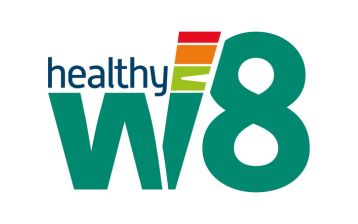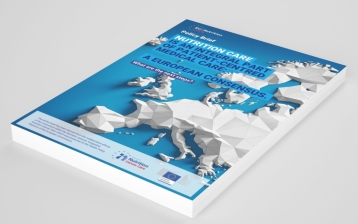
Manifesto of the European Nutrition for Health Alliance
Ensuring good health and well-being for EU citizens involves protecting their nutritional status and ensuring they have access to quality nutritional care.
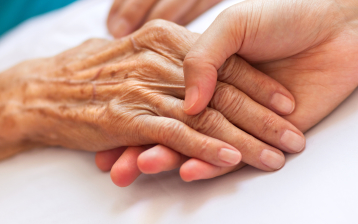
Implementation of basic nutritional care services, such as monitoring nutritional status and the diagnosis and treatment of malnutrition, enhances the sustainability of national healthcare systems. With mounting pressure on healthcare systems due to rising demands and costs, disparities among EU Member States have expanded unacceptably.
The EU must therefore strive to enhance the health and resilience of its citizens. In this regard, nutrition plays a pivotal role in mitigating biological age acceleration, disease prevention, improving clinical outcomes, and enhancing patients’ quality of life, all while saving significant healthcare spending 1,2.
The 2003 EU Council Resolution on food and nutritional care in hospitals 3 paved the way by proposing practical recommendations and urging national authorities to take concrete measures and act in this regard. More than two decades later, 20 million EU citizens are still at risk of malnutrition, with 40% of hospital patients affected 4,5. While malnutrition is a preventable and treatable condition, many EU citizens lack access to basic nutritional care, hindering their health outcomes and quality of life. This places a considerable burden on individuals and their caregivers, as well as on healthcare systems, resulting in a substantial rise in costs. This amounts to a staggering €120 billion annually in the EU 5.

1. Prioritize patient-reported outcomes…
and shift the focus from treating diseases to addressing the holistic needs, values and goals of patients. This entails both ensuring timely access to essential information, tools and resources on nutrition and nutritional therapies, and empowering patients to actively participate in the decisions that impact their health and well-being. It’s vital to acknowledge that patient-centered care falls short without integrating nutritional care into treatment plans to safeguard patients’ nutritional status and overall well-being.
2. Ensure that the upcoming EU strategies on cardiovascular disease, NCDs and mental health integrate nutritional care…
within the patient care pathways and propose concrete measures on nutritional status screening, diagnosis and treatment of patients affected by malnutrition.

3. Propose concrete measures to ensure that malnutrition is identified through nutrition screening and timely treated…
in all healthcare settings within the EU. Combatting malnutrition requires healthcare professionals to take ownership, with dietitians playing a central role within multidisciplinary teams. This requires further support and investment in the setting up of a multidisciplinary, multi-stakeholder steering group in each EU Member State focused on nutritional care and implementing key performance indicators within quality assurance systems to monitor adherence to established nutrition guidelines effectively.
4. Support Member States to invest in mandatory, continuous nutritional care education and training…
continuous nutritional care education and training for all relevant professions in the multidisciplinary workforce, including medical students, general practitioners, and allied healthcare professionals following the expert recommendations of the European Society for Clinical Nutrition and Metabolism (ESPEN) and the European Federation of the Associations of Dietitians (EFAD).
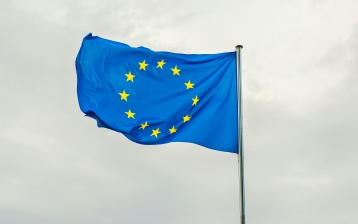
5. Support Member States to develop coherent reimbursement policies…
for nutritional support across the EU health and social care systems to secure equitable access. Various nutrition economics studies worldwide have provided evidence of both the health and cost-effectiveness of specific nutritional interventions. However, such interventions can be beneficial to patients to the extent that they are also affordable.
6. Engage multistakeholder organisations in dialogue with decision-makers…
and support and strengthen their participation in the development, implementation, and evaluation of nutritional care policies at both the EU and national level to promote transparency, empowerment, best practice sharing and solidarity, and to find common solutions to address the inequality gap.
This manifesto is endorsed by:
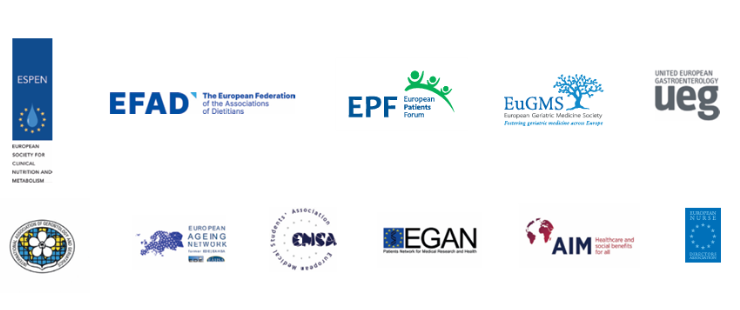
For more information about the Manifesto for Health Equity in the EU and how to endorse it, please contact secretariat@european-nutrition.org.



